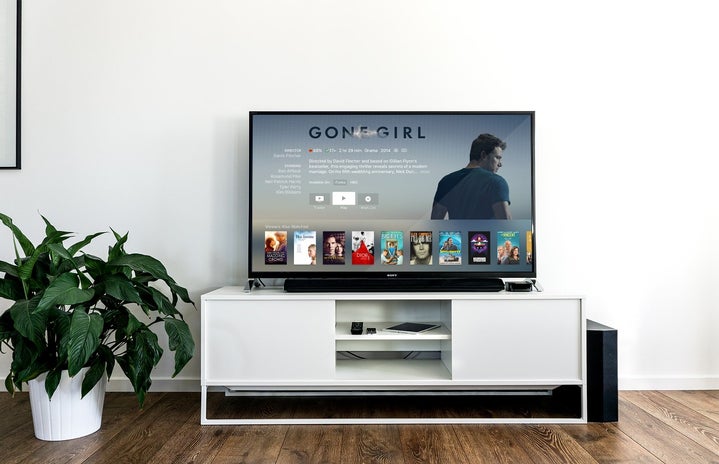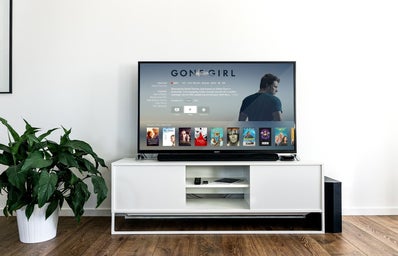From Louboutins clicking down Rodeo to dance moms clawing it out at the ALDC to young singles looking for love on the beach, reality TV represents a culture of chaos and entertainment for entertainment’s sake. As a polarizing subset of the television industry, it’s a guilty pleasure that audiences love to hate and hate to love. Yet, while this genre is often used in tandem with words like “trashy” and “low–brow,” I strongly believe that the content someone consumes across all forms of entertainment doesn’t directly reflect their intelligence, capabilities, or capacity to enjoy said medium.
In one of my classes this semester, we critically studied popular culture and its forms of consumption, its implications, and the power it holds. One particularly fascinating discussion we shared was an analysis of The Real Housewives, which was followed by a subsequent conversation about other reality shows. Given my avid affinity for these programs, I found myself raising my hand to comment on the topic more than once. Yet, as the words Too Hot to Handle escaped my lips, I felt blood rush to my cheeks, and I let out a stifled, embarrassed laugh because of the sheer depth of knowledge I had on the show.
A wave of self–consciousness swept over me as I looked around at my peers, who had begun to laugh…was my identity as a patron of these shallow fragments of entertainment supposed to change overnight upon arriving at my Ivy League school? Was it Bloomberg or bust from now on? Despite my growing fear, I was surprisingly greeted with an approving response from my professor and a subsequent cacophony of agreement from many of the other students following class. Still, this was my first encounter with a notion I would come to label “entertainment–shame.”
While I can’t speak to the experiences of women at other universities, I’ve become accustomed to this phenomenon where I find myself embarrassed about the kinds of content I consume — whether it’s novels, films, television, or others. Surrounded by other “highly-motivated students,” as my Ivy League institution would say, I first found myself cowering when asked about my favorite books and authors. While my favorite series is indubitably Harry Potter, there was no way I was going to toss that out during a club icebreaker session, especially when other answers included works penned by Tolstoy, Austen, or Morrison.
On another occasion, I told a friend of mine that I really enjoy watching movies in my free time and was immediately grilled on my knowledge of Scorsese films. I felt mildly stupid replying that my favorite movie of all time is The Parent Trap, starring Lindsay Lohan. But genuinely, why did I feel that way? Why should my IQ be correlated with whether I had seen The Departed?
This article is really just a brief outcry to those of you who have little knowledge of historical literature or refuse to start your day with a rundown from The Times. In a world that drains us from every direction, be comfortable with the ways in which you choose to escape the disarray of daily life. Unabashedly keep up with the Kardashian family, binge Tea Channel gossip vids on YouTube, and wait with baited breath for the next season of your favorite reality TV show.
If we feel embarrassed about things as inconsequential as this, we’re going to be spending most of our lives worried about what others think of us. Your ability to speak eloquently, craft research papers, lead three clubs, excel in sports, engage in complex conversations, or anything else won’t be compromised because you have a love for “trashy” TV or bandwagon movie franchises. It would be naive to think that any one subset of our identities could entirely shape us for better or for worse, so don’t feel like you should pretend you’ve read To the Lighthouse for the sake of sounding intelligent.
Be kind to yourself, even when others make you feel like you might not hold their same academic status. And once you do that, feel free to join me in scrolling on a laptop that proudly boasts a split–screen view of LinkedIn and Selling Sunset.


